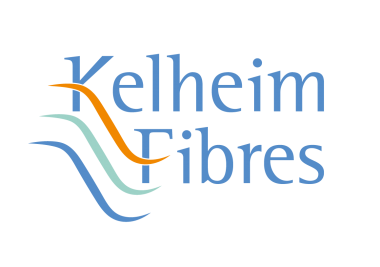USA: Long-Term Contracts for Domestic PPE Guaranteed
- The National Council of Textile Organizations (NCTO) Welcomes Senate Passage of Infrastructure Bill
WASHINGTON—The National Council of Textile Organizations (NCTO), representing the full spectrum of U.S. textiles from fiber through finished products, issued a statement today welcoming Senate passage of a bipartisan infrastructure bill that will provide billions of dollars in new spending to revitalize the nation’s roads, bridges and railways and help reconstitute a domestic supply chain for personal protective equipment (PPE).
“We commend the Senate for passing the bipartisan infrastructure bill, which will provide critical resources for our nation’s aging infrastructure and at the same time help incentivize the reshoring of personal protective equipment (PPE) production, an important priority of the U.S. textile industry,” said NCTO President and CEO Kim Glas.
NCTO worked with congressional allies to include a version of the Make PPE in America Act, legislation co-sponsored by Senator Rob Portman (R-OH) and Senator Gary Peters (D-MI), in the infrastructure legislative package. The bill ensures all PPE purchased by the Departments of Homeland Security, Health and Human Services and Veterans Affairs are Berry Amendment-compliant; guarantees long-term contracts (a minimum of two years) to U.S. manufacturers; and creates a tiered preference for PPE made in the Western Hemisphere by our free trade partners using U.S. components, after domestic manufacturing capacity has been maximized.
“We sincerely thank Senator Portman and Senator Peters for working to include their Make PPE in America Act in the infrastructure bill,” Glas said. “This bill will help onshore critical production of personal protective equipment (PPE) by guaranteeing long-term contracts for domestically produced PPE and ensuring that taxpayer dollars are utilized to bolster the federal purchase of American-made PPE.
The U.S. manufacturing industry has produced over a billion lifesaving PPE and other medical products over the last year, as NCTO members retooled production chains in response to the nation’s needs. We will continue to urge the government to purchase Berry-compliant products containing 100 percent domestic content for PPE to help bolster the full U.S. production chain in the future.”
NCTO































